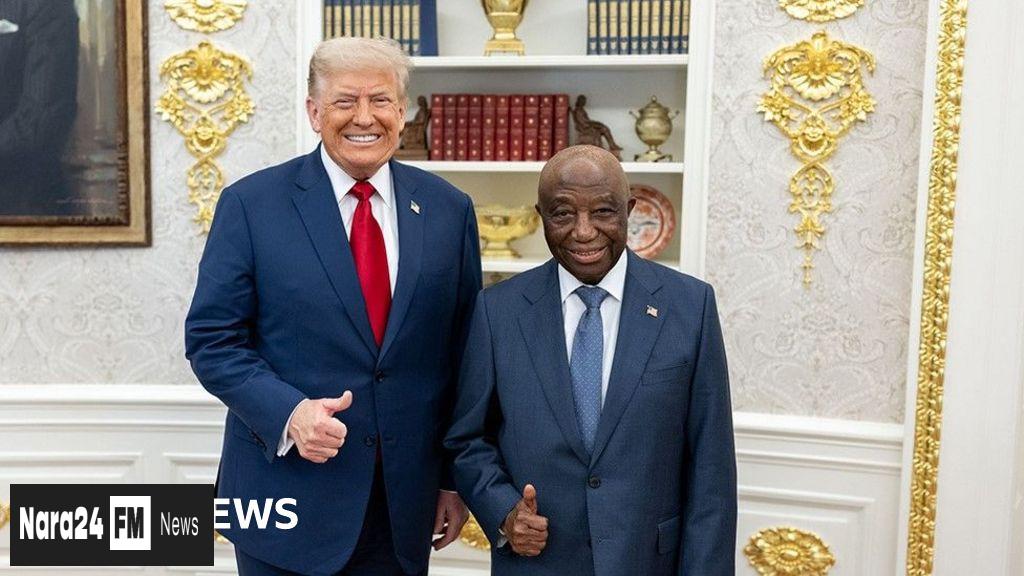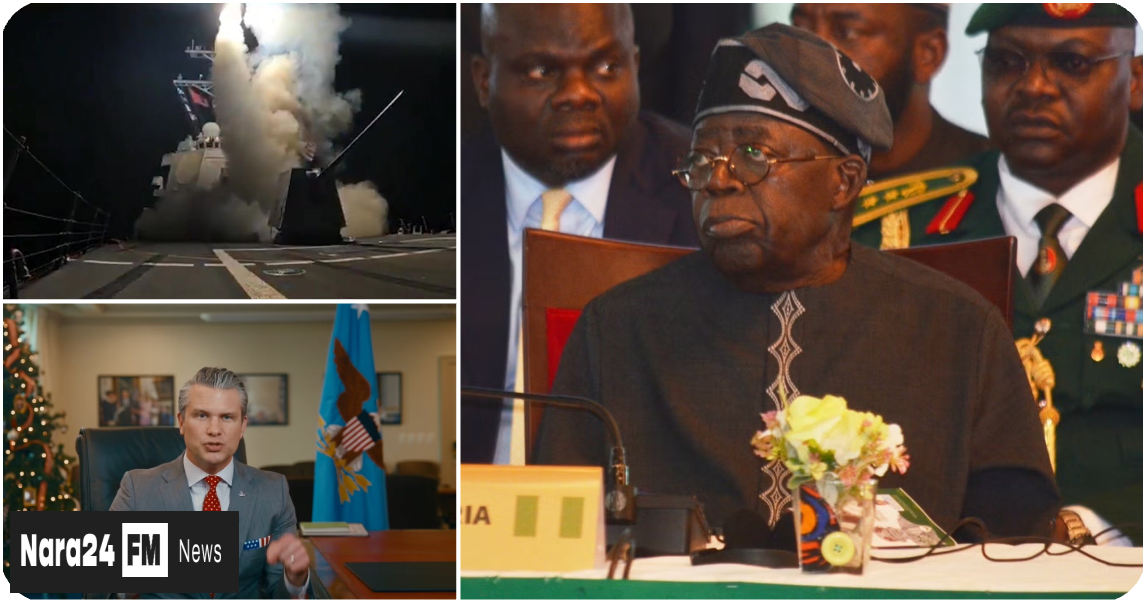In This Article
- Founded by Freed Slaves
- Capital Named After a US President
- Nearly Identical Flags
- Former President's Son Plays for US Football Team
- Africa's First Elected Female President
- Home to the World's Largest Rubber Plantation
Key Takeaways
- Liberia was founded in 1822 by freed African-American slaves and declared independence in 1847, with significant US cultural and institutional influence persisting to this day.
- Liberia's capital, Monrovia, is named after US President James Monroe, reflecting the country's historical ties to the United States and its colonial-era American Colonization Society roots.
- The Liberian flag, designed by seven African-American women, closely resembles the US flag, symbolizing Liberia as Africa's first independent republic.
- Ellen Johnson Sirleaf, Liberia's 24th president and the first elected female head of state in Africa, was educated in the US and awarded the Nobel Peace Prize in 2011.
- Liberia hosts the world's largest rubber plantation, owned by US-based Firestone Tire and Rubber Company, which has faced criticism for labor rights violations.
US President Donald Trump recently praised Liberian President Joseph Boakai for speaking "good English," even inquiring about his educational background. However, what Trump may not have realized is that Liberia has a unique historical connection to the United States, making English its official language and influencing its culture and accent. Here are six key facts about Liberia that highlight its deep ties to the US:
1. Founded by Freed Slaves
Liberia was established in 1822 by freed African-American slaves and declared independence in 1847. Thousands of formerly enslaved individuals and Africans rescued from transatlantic slave ships settled there during the colonial era. Former US President Abraham Lincoln officially recognized Liberia's independence in 1862, and the country retained significant US cultural and institutional influences. Ten of Liberia's 26 presidents were born in the US, and descendants of these settlers, known as Americo-Liberians, dominated the nation for over a century.
2. Capital Named After a US President
Liberia's capital, Monrovia, was named in honor of James Monroe, the fifth US president and a supporter of the American Colonization Society (ACS), which facilitated the resettlement of freed African-Americans in West Africa. The city's architecture and street names reflect its American heritage, including the John F. Kennedy Medical Center, named after the former US president.
3. Nearly Identical Flags
The Liberian flag closely resembles the US flag, featuring 11 red and white stripes and a blue square with a single white star, symbolizing Liberia as Africa's first independent republic. The flag was designed by seven African-American women, further underscoring the historical ties between the two nations.
4. Former President’s Son Plays for US Football Team
Timothy Weah, son of Liberia's former President George Weah, is a professional football player for Italian club Juventus and the US national team. George Weah, a football legend and the only African to win the Ballon d'Or, served as Liberia's president from 2018 to 2024.
5. Africa’s First Elected Female President
Ellen Johnson Sirleaf, Liberia's 24th president, made history as Africa's first elected female head of state. Educated in the US, she served from 2006 to 2018 and was awarded the Nobel Peace Prize in 2011 for her efforts in promoting women's rights and maintaining peace after Liberia's civil war.
6. Home to the World’s Largest Rubber Plantation
Liberia is home to the world's largest rubber plantation, spanning 479 square kilometers and owned by Firestone Liberia, a subsidiary of the US-based Firestone Tire and Rubber Company. Established in 1926, the plantation has faced criticism for labor rights violations, including hazardous working conditions and allegations of child labor.
These facts underscore Liberia's enduring connection to the United States, a relationship that has shaped its language, culture, and history.








Comments (0)
Leave a Comment
Be the first to comment on this article!